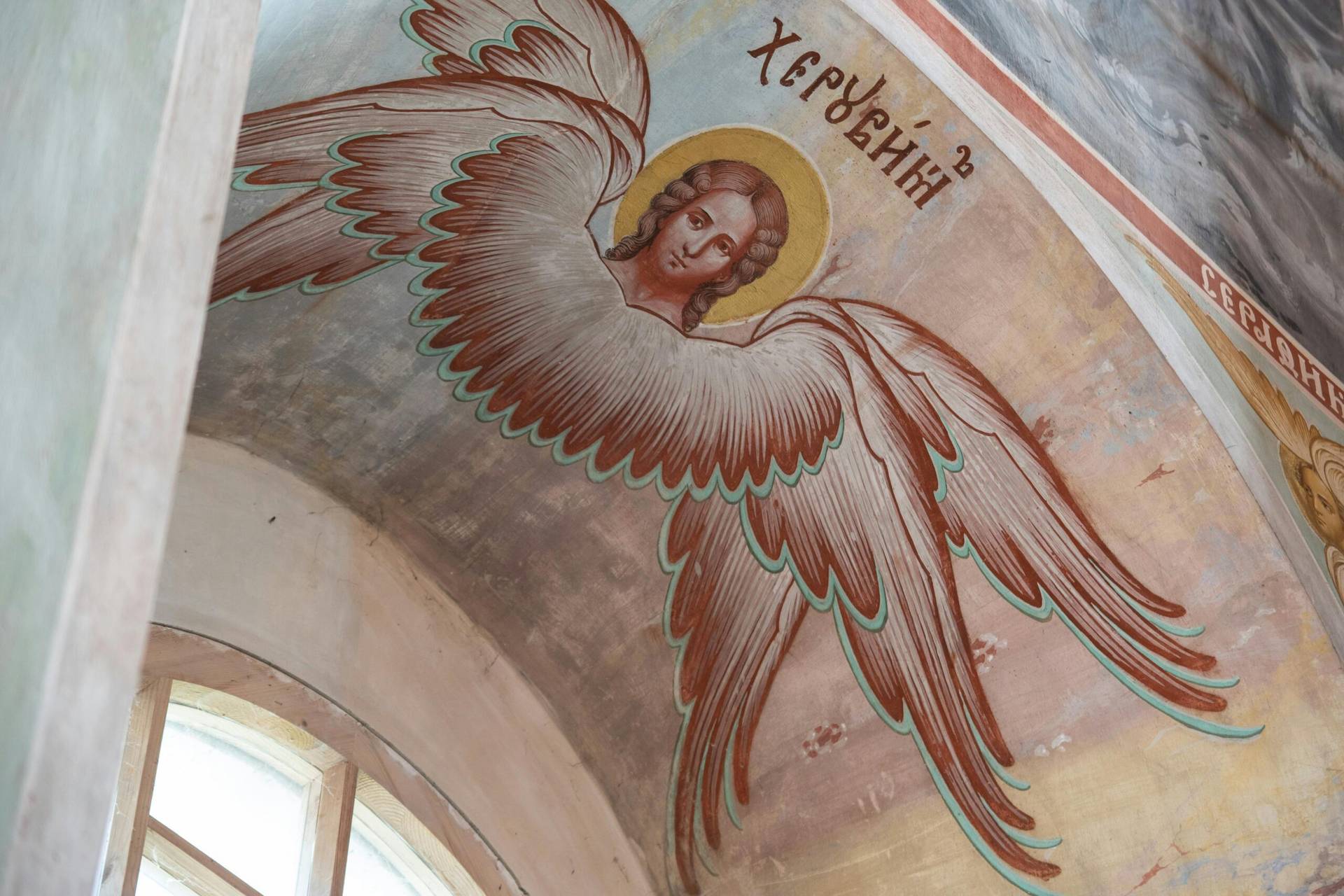Today is the first day of 2017 – Happy New Year! But today is also the solemnity of Mary, Mother of God. Admittedly, this is either news or an easily dismissed reminder to many Western Christians.
While containing an important lesson for Christian believers, the high holy day seems annually overshadowed by New Year celebrations (or by recovery efforts of these celebrations). The Biblically rich feast day appears to be viewed as some type of odd Christmas residue, and not cherished for its own depth and richness.
Beyond the need for instruction on its liturgical importance (which always seems circular and self-serving for the Church), the lesson of the feast day can stand on its own merits and may even be a cause to invoke interest, or at least curiosity, in the holy day itself.
With that said, what is the lesson of the Solemnity of Mary, Mother of God?
The answer to such a question is twofold. The first part of the answer is based on a simple observation of human life.
It’s a basic truth of life that mothers can go where no one else can. They uniquely understand their children. They carried them, brought them into the world, and their lives are always a gift from them.
It shouldn’t be a surprise, therefore, that this universal truth played out in the earthly life of Jesus Christ. As the Bible explains, in the fullness of time, God the Father sent his Son, born of a woman, born under the law, to bring redemption to humanity.
Jesus was born of a woman, and had a human mother. This reality manifested Jesus’s true human identity and showed him a member of the human race and a part of the universal human narrative.
The archangel announced to Mary of Nazareth that she was “full of grace,” and was chosen to be the Mother of the long-awaited Messiah. It was Mary who first heard and believed in the glad tidings of the savior’s arrival.
Virginally conceived, Jesus was born surrounded by his mother’s love, warmth, and faith.
After his displacement and birth in Bethlehem and his exile into Egypt as a refugee, Jesus settled and was raised in Nazareth. He worked with human hands, prayed with human words and loved with a human heart. Under the care and teaching of his mother and foster father, Jesus was slowly prepared for his saving mission.
Throughout his life, Jesus honored Mary as his mother and showed her the love of a devoted son. With her maternal heart, she held a privileged place in his life and mission. While at the wedding feast of Cana, the Lord was hesitant to work a miracle, saying “My hour has not yet come.” It was Mary who prompted him to act, and with the changing of water into wine, Jesus began his public ministry.
It is significant that Mary’s direct instruction to the servants at Cana are her last recorded words in the Bible. She simply told them: “Do whatever Jesus tells you.”
This direction of Mary of Nazareth, born of faith, leads to the second part of the answer of the lesson that believers are called to relearn on today’s feast day.
At one point in Jesus’s public ministry, someone yells to him, “Blessed is the womb that bore you, and the breasts that you sucked.”
Jesus shows the depth of his love for his mother and his esteem for her faith, when he responds, “Blessed rather are those who hear the word of God and keep it.” Rather than a rebuke, it is an affirmation. Mary was the Lord’s mother not by mere biology, but also by grace and faith.
On one occasion during his public ministry, Jesus’s mother and relatives came and called to him. He was told, “Your mother and your kinsman are outside, asking for you.” Pointing to his disciples, he replied, “Here are my mother and my kinsman. Whoever does the will of God is my brother and sister, and mother.”
Rather than dismissing his natural family, Jesus is opening up his family to all men and woman who do the will of his heavenly Father. He is acknowledging the faith of Mary of Nazareth, who from the beginning accepted God’s will and carried it in her own heart.
As the Lord was still pre-born in her womb, Mary was greeted by Elizabeth, her older relative, with the salutation: “Blessed is she who has believed that the Lord would fulfill his promises to her!”
As Mary was mother to the Lord by her faith, so all members of the human race are invited to be the Lord’s mother and kinsman. All are called to communion with him (or to even deeper communion with him). All are loved. All are welcomed. All are needed in the Lord’s family.
This is the pressing truth of today’s high holy day. It is a call to dismiss the ties of darkness and the empty relationships of division and despair and, in the Lord Jesus, to seek the companionship of light and the bond of unity and hope.















